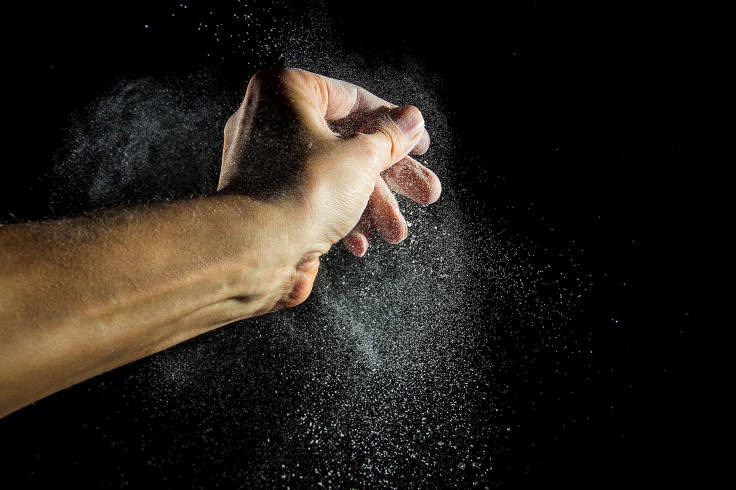What Are Winter Allergies? 5 Irritants That Cause Problems In Colder Months, And What To Do

Everything outside is dead, so why can’t we stop sneezing? If you didn’t catch a virus, you might have winter allergies.
People spend more time indoors in the winter, all cooped up with the windows closed. Because there’s not a lot of fresh air coming into your ecosystem, you are breathing in things that may set you off. New York-Presbyterian Hospital says, “Forced-air furnaces circulate airborne dust containing lint, fabric fiber and bacteria, putting allergy-prone people at risk because of the decreased ventilation.”
Read: What an Allergic Reaction Does to Your Body
You may have been relieved that leaves and flowers are nowhere to be found, but the Washington Post warns that indoor allergies like dust mites, mold and animal dander are some of the most common things that set people off. Those allergens are all riding through the air in your home during the winter.
“There’s an antibody response and an inflammatory cascade of events that leads to the classic symptoms — itchy eyes, runny nose and sneezing,” the Washington Post says. They may imitate the features of a cold, but winter allergies can be the culprit.
Allergies to animal dander may increase in the winter because your dog or cat is cooped up as much as you are. And the Huffington Post describes dust and dust mites as living in bedding, carpets and other furniture, while mold prospers in damp environments, like your bathroom or your cellar. That publication also warns against mold that could hitch a ride into your house on firewood, or your fireplace could “release irritating smoke and other airborne pollutants into the home environment, potentially causing allergic rhinitis or asthma symptoms.”
The Washington Post adds a more disgusting allergen to the winter list: cockroaches. Dr. Joan Lehach, who specializes in allergy and asthma, told the newspaper that those insects “are a major allergen,” yet they are present in many homes.
To stop winter allergies from getting you down, New York-Presbyterian Hospital recommends frequent cleaning — vacuuming carpets, mopping floors, washing linens in hot water and changing the water and filters in your humidifier — as well as keeping your home’s humidity low, such as by using an exhaust fan to cut shower steam, and installing a filter on your furnace.
See also:



























